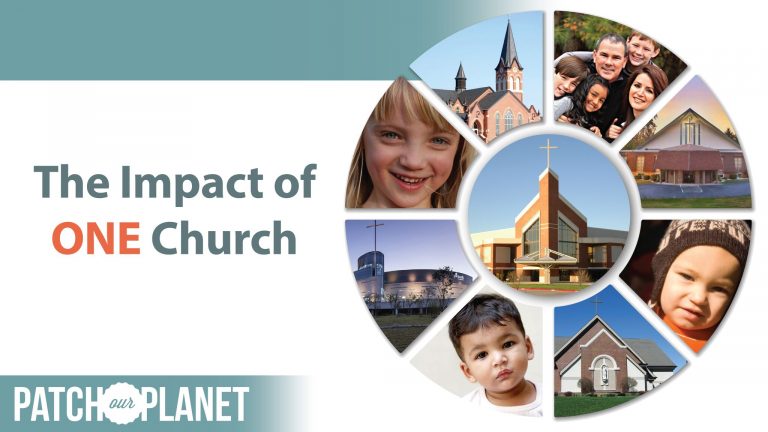Way back in fifth grade, I finally generated the courage that it took to ask one special girl to “go with me”. I prepared a small piece of paper with these familiar words:
“Will you go with me?” Circle Yes or No
That was pretty much it. I had my friends look over the small document to make sure there were no spelling errors and then sent it off through a mutual friend.
The answer came back pretty quick.
My friend said, “Steve, she says she is not dating boys right now.”
What? That wasn’t even one of the choices! Now I was really confused….and uncomfortable.
Oh, no. Now I had to walk by her and her friends every day at school and at church on Sundays.
I felt like I had blown it. And, I felt like I had been kindly rejected. But, rejected nonetheless.
Looking back now with a little more life perspective, I’m glad I took the risk.
I have learned that the goal in life is not to avoid feeling uncomfortable.
I still find myself in some sort of uncomfortable position just about every week.
That’s a part of life. Courage is really working through that sense of fear and pressing on despite potential rejection.
When there is a goal to meet, a job to do, a message to get out….you begin to forget about being comfortable. It becomes more important to be effective.
That brings us to the following truths.
It is my hope that these truths will serve to challenge and inspire the people who make up the church, God’s greatest vehicle of care for foster children and global orphans.
Uncomfortable Truths:
1. There are over 143 million orphans in this world. There are reportedly 2.1 billion believers. There are plenty of families to care for these kids. What is the hold up? http://wiki.answers.com/Q/How_many_Christians_are_there_worldwide
2. Why is it OK for children to live in institutions? As a mom or dad, would you leave your child to an institution if something were to happen to the both of you? Certainly not. Then, why would we want that for anyone else’s child? http://en.wikipedia.org/wiki/Deinstitutionalisation_(orphanages_and_children%27s_institutions)
3. If Rwanda, who lost close to 1 million people in 100 days in the 1994 genocide, can go from 500,000 orphans then to 3,151 today, why is everyone else so slow in following their lead? http://reliefweb.int/report/rwanda/rwanda-moves-close-down-children%E2%80%99s-institutions-and-improve-its-childcare-system | http://oneorphansolution.blogspot.com/#!/2012/05/unthinkable-is-happening-again.html
4. If Governments come and go, and the church still stands…..why are we not concentrating all of our efforts to educate and equip local churches to care for orphans? http://every-child.com/ (See what’s happening with one of our church partners in Buffalo, NY)
5. I agree with Dr. Russell Moore’s statement that the “pulpit is often seen as a place to raise awareness”. This should not be. He also states, “Pastors should stand as ambassadors of Jesus, speaking on his behalf.” How else can the church know its role in caring for orphans? http://www.qideas.org/blog/is-the-orphan-my-neighbor.aspx
It helps to speak the truth in love. Only then can we get to the root of the problem.
The problem is the absence of the church. The solution is the church. Please take a few minutes to read the links above and prepare yourself to speak on behalf of those without a voice.
Until every church in every community is caring for every orphan,
Steve


